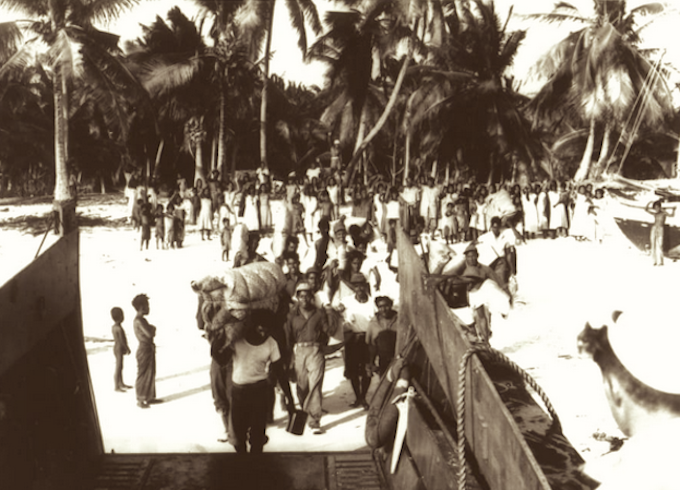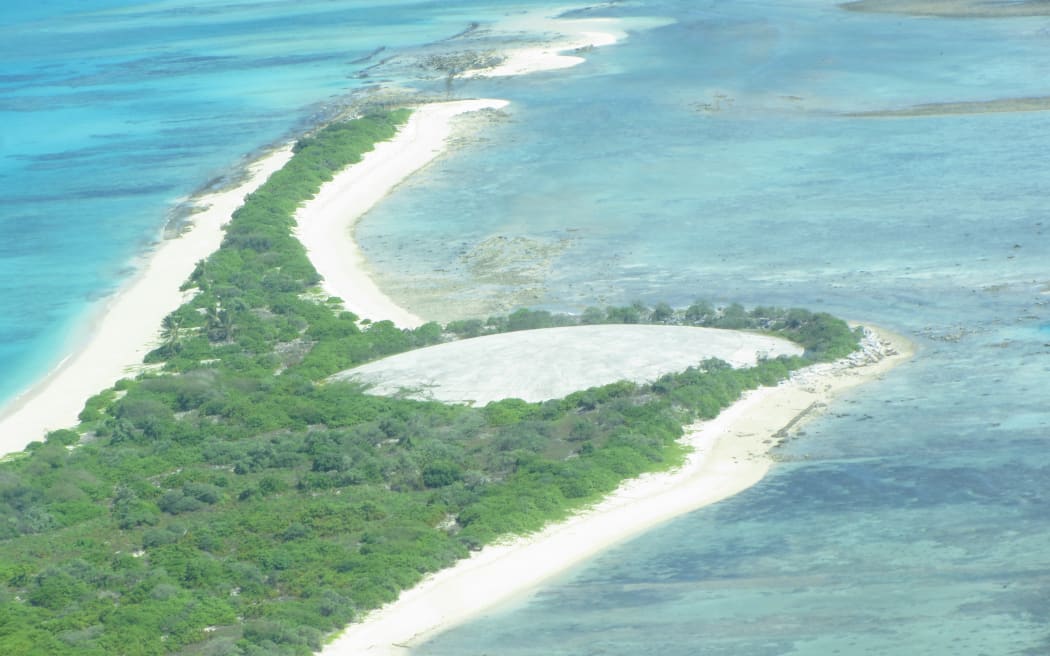
The United Nations Human Rights Council has adopted a resolution aimed at assisting the Marshall Islands to get justice in the aftermath of the United States nuclear testing.
“We have suffered the cancer of the nuclear legacy for far too long and we need to find a way forward to a better future for our people,” says Samuel Lanwi, deputy permanent representative of the Marshall Islands to the United Nations Human Rights Council in Geneva.
The Marshallese people are still struggling with the health and environmental consequences of nuclear tests, including higher cancer rates.
Many people displaced due to the tests are still unable to return home.
The US conducted 67 US nuclear tests from 1946-1958 and a settlement was reached in 1986 with the United States, a Compact of Free Association, which fell short of addressing the extensive environmental and health damage that resulted from the tests.
The U.S government asserts the bilateral agreement settled “all claims, past, present and future”, including nuclear compensation.
Today at #HRC51, res. L.24/Rev.1 on RMI’s nuclear legacy was adopted by consensus. 64 years after the last nuclear test, RMI will receive UN assistance in upholding the rights of the Marshallese people that still bear the scars of this dark chapter of our past. #Nuclearlegacy pic.twitter.com/u15GKcAX6l
— Marshall Islands Permanent Mission in Geneva (@RMIGeneva) October 7, 2022
The new text tabled by five Pacific Island states called on the UN rights chief to submit a report in September 2024 on the challenges to the enjoyment of human rights by the Marshallese people, stemming from the nuclear legacy.
It called on the UN rights chief to submit a report in September 2024 on the challenges to the enjoyment of human rights by the Marshallese people stemming from the nuclear legacy.
The US as well as other nuclear weapons states such as Britain, India and Pakistan expressed concern about some aspects of the text but did not ask for a vote on the motion.
Japan did not speak at the meeting.

Observers say some nuclear states fear the initiative for the Marshall Islands could open the door to other countries bringing similar issues to the rights body.
A concrete dome on Runit Island containing radioactive waste is of concern, especially about rising sea levels as a result of climate change, according to the countries that drafted the resolution.
This article is republished under a community partnership agreement with RNZ. Reporting also by Kyodo News/Pacnews.












































